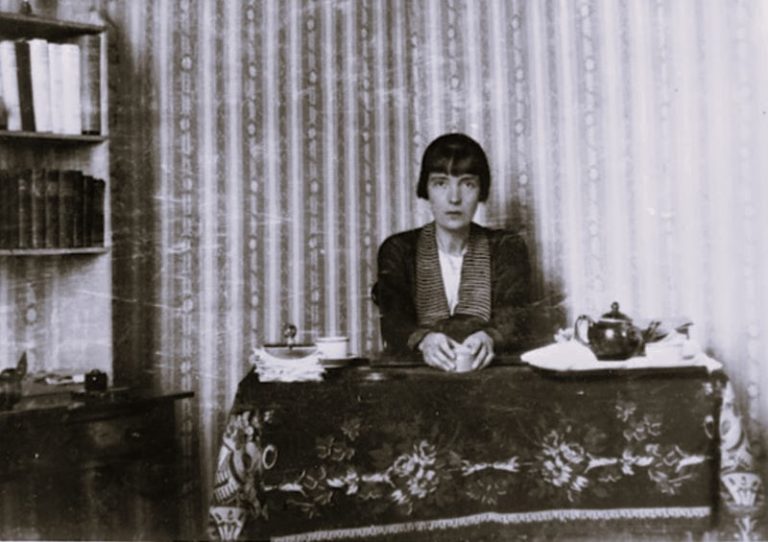
The literary world has changed powerfully: even the last 10 years have brought significant innovations that allow the author to perform previously unthinkable functions. And if we compare the current state of affairs with the historic times, the difference will be enormous.
We decided to list everything that changed the picture of the literary world and show the authors the many opportunities that can lead them to success.
1. Technological changes. The emergence of digital platforms for self-publishing books.
Digital platforms are available to everyone who has access to the network and the manuscript of the book in electronic form. Books published on digital platforms are readily read and bought without the intermediary of book publishers. If the book really turns out to be in demand (gets high marks and good reviews from readers), large book publishers may be interested in it.
Any modern author today can make the design and layout of his book in special programs on his own or contact third-party companies that offer a free book mockup. At the same time, virtually the entire adult population today has the technical ability to read e-books. We are talking about the possession of gadgets, smartphones, tablets, laptops with Internet access, allowing you to download books from the Internet and read them in electronic form on your personal device, replacing a paid paper book.
2. Change of attitude to the information flow. Willingness to trust alternative sources of information.
If earlier, for example, twenty years ago, information was disseminated only through the official information channel (press, radio, television) and readers traditionally trusted only the official information flow and with a high degree of mistrust related to information and news coming from other sources of information, now the situation is has changed dramatically.
Each network user today can independently form their own information flow. Since the information field has been strongly democratized, including unofficial and even sometimes marginal information flows, the modern recipient of information is emotionally ready for the fact that the information coming from these sources can be reliable.
As a result, the modern reader is more willing to read a book published on the Internet, that is, independently by the author, bypassing the book publishing house, if this book has positive reviews and ratings. More and more readers are ready to consider this book, which came not through an official information channel, worthy of reading.

3. Willingness to participate in the formation of opinions.
The modern reader is accustomed to the fact that many netizens leave reviews about purchased goods, share opinions, including about the book they have read. Thus, a worthy book gets laudatory reviews. Moreover, the modern reader himself is ready to share his opinion about the read text and create a certain reputation for him.
4. The emergence of independent publishing houses.
There are not many of them, but they continue to appear. These are small indie publishers ready to publish high-quality serious prose, relying not on high-grossing texts, which are traditionally classified as genre literature, but on serious authors.
5. The emergence of alternative bookstores and anti-cafes.
This tendency seems to continue the previous one: after alternative publishers, there are alternative stores, where special books are sold that cannot be found in the literary mass market.
6. Attention of major book publishers to the literary Internet community.
Today, book publishers are ready to largely follow the movements of the readership, its preferences and adjust their publishing policy to its literary choices.
So, if from the point of view of Internet readers a certain text becomes hyper popular, book publishers will willingly publish it in paper format. This is convenient for a book publishing house, since it does not have to invest in advertising, since it publishes an already popular text that has won a readership.
7. The relationship between financial well-being and the creative activity of the author.
Nobody else takes the author under his caring wing, does not provide villas, boarding houses, membership in unions that provide, as they would say today, social protection. Even a publisher that has bet on a new author sticks to him as long as he can secure sales.
What was previously called creative work is now becoming a full-fledged job. As proof of this trend – the abundance of commercial literary courses, seminars, and master-classes taught by serious writers – even well-known literary men have to look for additional sources of income.

Simplifying the path
All of the above changes, both technological and mental, lead to the fact that the publication process is simplified for the author. If the text he created turns out to be of really high quality, then he has a chance to get through to the readership, bypassing the book publisher.
Moreover, a talented and enterprising author today is able not only to become famous, but also to profit from the sale of his own book. Yes, he will have to sell it on his own, mainly via the Internet, but he will also receive all the profit on his own.
Thus, conditions are more than favorable for contemporary authors. Frankly, the situation is unprecedented: thanks to technical innovations that have become ubiquitous, the author has the opportunity to independently publish, secure an advertising campaign, organize sales and, importantly, make a profit from the sale of his books.







